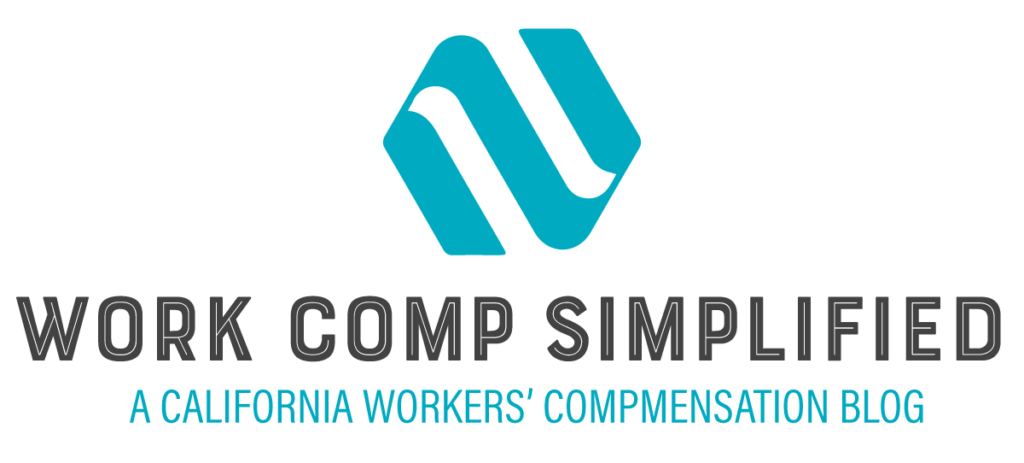In recent years, businesses and organizations are increasingly relying on the contributions of gig workers and independent contractors. In the fall of 2019, Governor Gavin Newsom signed California Assembly Bill 5 (AB 5) into law; the bill restricts an employer’s ability to classify a worker as an independent contractor. There are strict rules that must be followed . . .
As explained by the California Department of Industrial Relations (DIR), QMEs are licensed doctors who have been trained and certified by the state’s DWC. When there are questions regarding the nature and severity of an employee’s injury, a Qualified Medical Evaluator (QME) may be brought into to bring additional clarity and help resolve the issue. Here, . . .
The coronavirus (COVID-19) continues to affect communities throughout the country. The California Department of Public Health reports that more than 525,000 COVID-19 cases have been confirmed in the state as of August 5th, 2020. Despite sanitizing efforts, the virus may be transmitted almost anywhere, including in the workplace. Recently, the California Workers’ Compensation Institute (CWCI) released data . . .
In some cases, an injury can make a person vulnerable to other medical complications. Under California’s workers’ compensation laws, this type of new health problem may be considered a compensable consequence. In California, a compensable consequence is an injury or health condition that arises directly out of an industrial injury. This raises an important question: What qualifies . . .
An employer, administrator, or insurance company may want to settle a workers’ compensation claim. Before reaching an agreement, it is important to know the difference between the two main types of workers’ comp settlement options. These options are a compromise and release (C&R) and a stipulation. Here, our Fresno workers’ compensation defense lawyersexplain the most important . . .
California employers are required to provide no-fault work injury insurance to their employees. If an injured worker files a claim, a claims administrator has a responsibility to make an initial decision within 90 days. If they fail to accept or deny the workers’ compensation claim before the deadline expires, they are liable by default. This . . .
In California, businesses and organizations are required to provide no-fault workers’ comp coverage to their employees. When someone gets hurt on the job, they can claim benefits. While workers’ comp is usually the sole and exclusive remedy that an employee has against an employer, an injured worker may file a lawsuit directly against a negligent . . .
Under California Labor Code § 4800, certain frontline workers—including police officers, firefighters, and other public safety personnel—are entitled to additional legal protection in the event that they suffer a job-related injury. Referred both as “Labor Code Section 4850 benefits” and “Labor Code Section 4850 Time,” this special provision allows qualifying employees to receive their full salary . . .
Under California workers’ compensation laws, there are two broad categories of work injuries — specific injuries and cumulative trauma. A specific injury occurs in a single event, in which an employee is hurt at a specific place and time. In contrast, cumulative trauma injuries develop gradually over time. They occur as the collective consequence of many repetitive movements . . .
Imagine that you fired or laid off an employee. A few months later, you receive notice that the former employee has filed a workers’ compensation claim. Can they really do that? The short answer is ‘yes’—and it happens far more often than most people realize. At the same time, not all claims filed after termination are compensable. . . .

